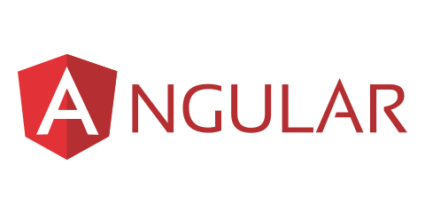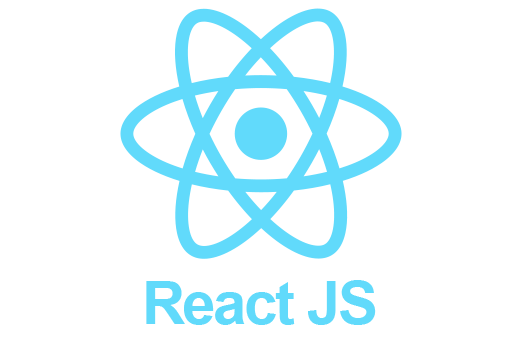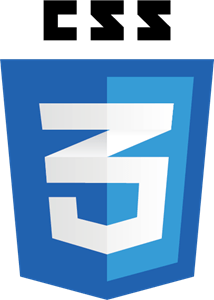
Course Content
1. Angular Basics
– Introduction to Angular and its ecosystem
– Setting up a new Angular project with the CLI
– Understanding the project structure and key files (e.g., main.ts, app.module.ts, app.component.ts)
– Creating and registering new components
– Using Angular CLI commands (e.g., ng new, ng generate component)
– Overview of Angular modules and their role in the application
2. Component Fundamentals
– Component templates and HTML syntax
– Styling components with CSS and component styles
– Understanding component selectors and how they work
– Component interaction and communication
– Using Angular CLI to generate and manage components
3. Data Binding and Databinding Techniques
– Introduction to data binding and its importance in Angular
– String interpolation and property binding
– Event binding and two-way data binding
– Using pipes for data transformation and formatting
– Understanding the differences between property binding and string interpolation
4. Advanced Component Concepts
– Component composition and nesting
– Property and event binding in depth
– Custom property and event binding
– View encapsulation and shadow DOM
– Using local references and @ViewChild for template access
– Projecting content with ng-content and @ContentChild
– Exploring the component lifecycle and hooks (e.g., ngOnInit, ngAfterViewInit)
5. Advanced Directives
– Recap of built-in directives (e.g., ngFor, ngIf, ngClass, ngStyle)
– Creating custom attribute and structural directives
– Using the Renderer and HostListener/HostBinding for directive manipulation
– Understanding the differences between attribute and structural directives
6 . Debugging Techniques
– Understanding and interpreting Angular error messages
– Debugging with source maps and browser DevTools
– Using Augury and other tools for Angular app debugging
– Best practices for debugging and troubleshooting
7. Observables and Reactive Programming
– Introduction to observables and reactive programming in Angular
– Understanding the Observable class and its methods (e.g., subscribe, map, filter)
– Building custom observables and handling errors and completion
– Using operators for data manipulation and transformation
– Exploring subjects and multicasting observables
8. Additional Topics (latest Angular release features)
– Angular 15 and Ivy improvements
– Using the @angular/core and @angular/common modules
– New features in Angular Forms and Validation
– Improvements in Angular Routing and Navigation
– Using Angular CLI 15 and its new features (e.g., ng build and ng serve improvements)






